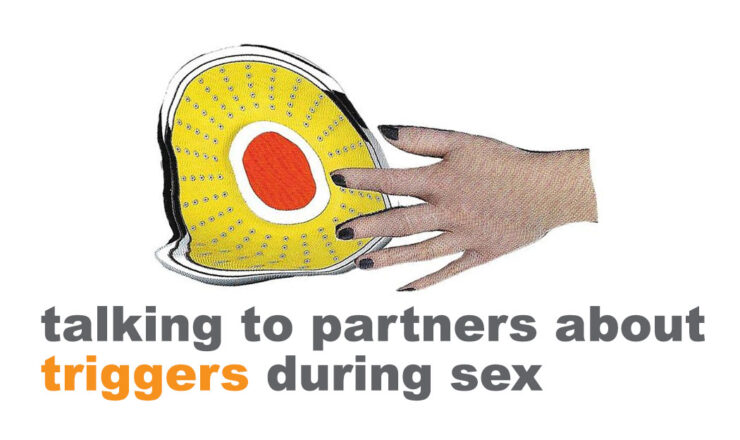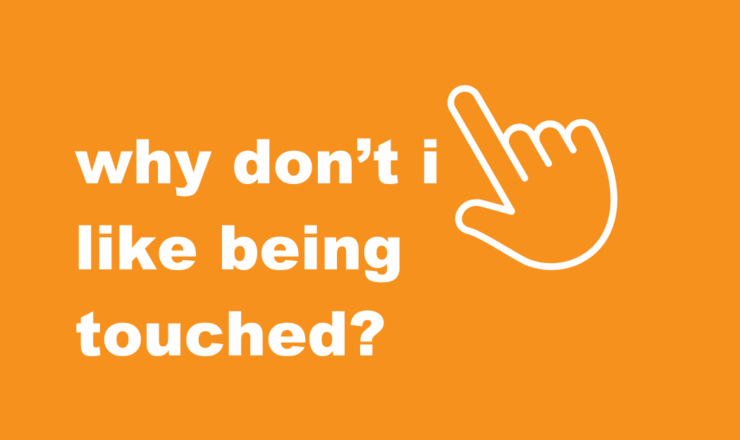

S-T-I can feel like three big scary letters. Even though anyone can get a sexually transmitted infection, there’s still so much stigma attached to having an STI, how that reflects on you as a person, and sometimes that can get in the way of getting tested for STIs.
For the second post in our “What To Expect” series, we’re going over some of the basics of what it’s like to go to an appointment for STI testing.
| ****THINGS TO REMEMBER ABOUT STIs**** |
|
Testing is one of many great ways to practice safer sex. Talking to partners about STIs and using safer sex resources (like condoms, dental dams, and gloves) can reduce the chances of STI transmission.
If you’re thinking about getting STI testing done, here are some questions you might have about what to expect at an appointment:
You can get STI tests at many sexual health clinics, community health centres, walk in clinics, or with your family doctor.
Some people find getting tested at sexual health clinics or places that commit to be non-judgmental, youth- and sex-positive can result in a better experience. Many sexual health clinics and community health centres also offer anonymous HIV testing.
The clinician will call you into the exam room and may ask you about the reason for your visit or for a brief health history. They will ask about the kind of sex you’re having, if you used any barrier methods (aka condoms), and how many partners you’ve had.
Clinicians ask these questions to assess your risk, which helps inform them on what types of tests they should do as part of a general screening. For example, if you always use condoms and don’t do needle drugs, then your risks for syphilis are likely low. Clinicians may then not recommend going through with a blood test. If you are coming specifically because you’re worried about a bump near your genitals, they may not bother doing any urine testing.
Once you figure out what would be applicable to get tested for, you have to either give a urine, blood, or swab sample which will be sent to a lab. Depending on the situation, the clinician may do an external exam too.
| ****SIDE NOTE**** |
| What you say to your clinician is confidential, and it’s important you feel comfortable being fully honest with your healthcare provider to get the best possible testing and care for you! If you don’t feel comfortable at your family doctor’s, there are lots of youth and sex positive clinics available!
That being said, some STIs are reportable to Toronto Public Health. If you get a positive result for chlaymdia, gonorrhea, Heptatis A,B, C, D, Syphilis, LGV, HIV, or chancroid, your healthcare provider will have to report it to the public health department. Your name will not be given. Check out this link for more info. |
| ****SIDE NOTE**** |
| Many people go for testing and ask to be tested for “everything”. Many clinicians take that to mean urine testing, since the STIs that urine tests can pick up are some of the most common STIs. If you want to be tested for specific STIs you often have to ask for that testing, and that kind of request is totally within your right. |
When you get your results back depends on the clinic that you go to. As we mentioned above, blood tests can take up to 2 weeks to be processed in a lab. Urine and swab tests can take 4-7 business days (or more). External exams are done in person, so you’ll know the clinicians opinion right away.
Lots of clinics practice a “No news is good news” method, where they do not call you if your tests come back negative (e.g., they don’t call you to tell you that you don’t have chlamydia). If you’re going in for just a regular check-up and you don’t hear back from the clinic by the end of 2 weeks, it’s reasonable to assume that your tests came back negative. If the clinic uses this policy, they will call you if your tests come back positive. You can always phone the clinic and ask them to give you the results over the phone.
If you are showing symptoms of something but the tests for STIs come back negative, they will likely still call you to book a follow-up for additional testing.
For more information on STIs, check out all of our pages on the topic [Link]! Highlights include:
You can also check out our blog for articles like “Being Sex-Positive During Pregnancy/STI Scares” [Link].
If you have questions about this topic, feel free to contact one of our peer educators. [Link]
Last Updated: April 2020

Communicating triggers can be a great way of letting your partners know what your boundaries are, in order to help make sex a more pleasurable experience for everyone. But how do you do that?

For some people, sensory sensitivities can make physical intimacy stressful and overstimulating. This post talks about what sensory sensitivities are, and some tips to work through them in physically intimate situations!

Did you know that Teen Health Source has been around for 25 years! To help celebrate our 25th Anniversary, we’re checking in with some of our previous volunteers. Today we’re hearing from Maggie!